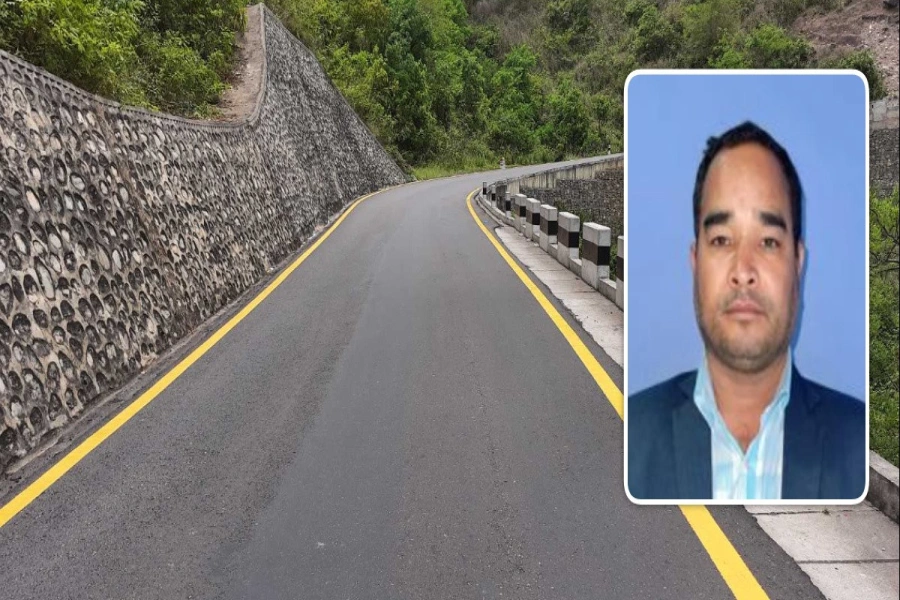ILAM, Nov 2: Around 70 percent of people in Mai Municipality of Ilam living across 246.11 square kilometers of land are landless since decades, according to the data provided municipality.
The municipality formed after merging Danabari, Chisapani, Mahamai and Laxmipur villages have the maximum number of landless people at Danabari and Mahamai areas. This has greatly impacted the quality of life of the people who are deprived of fundamental rights.
According to the municipality’s mayor Dipak Kumar Thebe, the issue of landlessness is the greatest problem in the municipality.
Locals in the municipality have been forced to live deplorable lives as they are landless in their own ancestral land.
“Landlessness impacts every aspect of a person’s life. In our municipality, there are large number of such people. Around 70 percent of the people do not own land ownership certificate,” said mayor Thebe. “We tried to fix the problem, but in vain,” he added.
Locals without registered land had lately come to the mayor asking for several kinds of official documents which he could not provide. “I could not go against the system. There are many such documents which cannot be given to landless people,” he stated.
The lack of registration of land has however not stopped people from buying and selling land from one another. The transaction has been going on since a very long.
Applications of 1.2 million landless people collected

“It is just that they do not go to the land revenue office. They deal takes place between themselves,” said mayor Thebe.
Since such kind of deals are not recognized by the law, the capital value of the land turns out to be nil. This has worried the locals. Mayor Thebe stated that the landless people have urged him to address this problem.
“Some have been living on unregistered land they purchased from the other party; some others have build houses in open spaces and school areas. There is a mess,” he said.
The locals had expected permanent solution to the problem following the establishment of the local government. It was their only major demand during the elections. Political parties and election candidates had also assured them of ‘looking into the matter sincerely’.
However, they feel disappointed now.
Mayor Thebe said that the provincial government is yet to come up with clear laws regarding the issue of land.
Unless this is done, addressing land related issues is impossible.
“The federal government has formulated laws regarding land, but the province is yet to do that. And when we are without such laws, we cannot do anything to solve land-related problems,” Thebe said.
Laws formulated by province or local government get automatically nullified if they clash with the laws passed by the federal government. That is why the local government cannot move ahead in addressing the land related issues.
However, the municipality is doing whatever it can within its capacity, Thebe claimed. “We have already started a process to hand over land to the locals legally.
Their history, others accounts are being collected,” he said.
The municipality has urged the locals to notify the area of land they have been occupying. Similarly, the locals are even paying taxes of the land though the lands are not yet registered under their name.
Mayor Thebe said the locals are positive toward the municipality’s initiative. As they have been paying taxes, the municipality has made income, he said.
“This is to make things systematic. They are happy as this is a symbolic step toward legalization their land,” said Thebe.
According to a local of Dhanabari, the municipality should be lauded for the concerns. But it should also be careful about fake squatters.
“During such times, the authority should be very careful about land mafia.
Here, there are many families who have been living here since time immemorial and yet failed to have registered land. Only such families should be given the rights of the land,” he said.
Meanwhile, deputy mayor of the municipality Bishnu Maya Acharya stated that the locals have been deprived of loans from banks as they lack land ownership certificates.
“This discourages them to invest and to start their own business. Many youths have been forced to go for foreign employment just because of the hassles they face without land ownership certificate,” she noted.





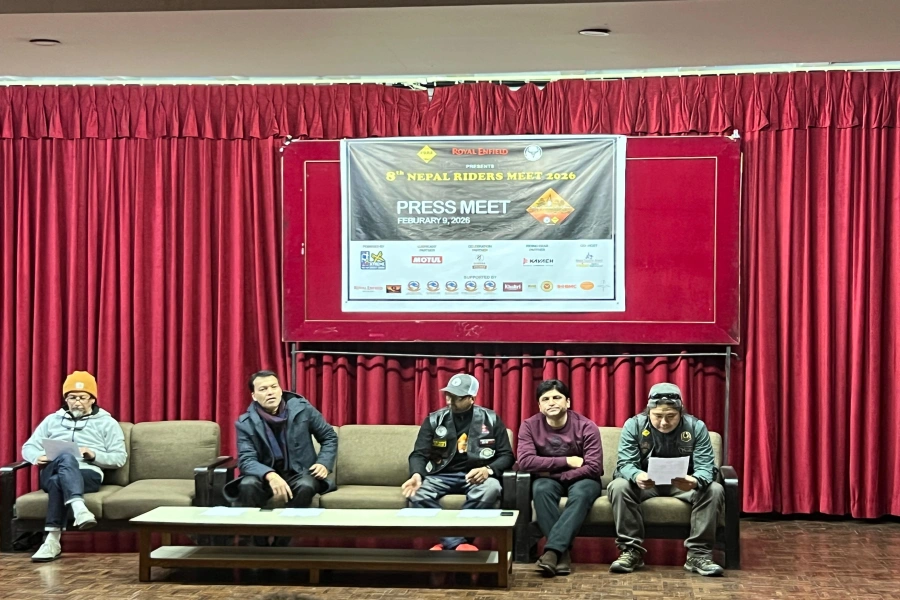
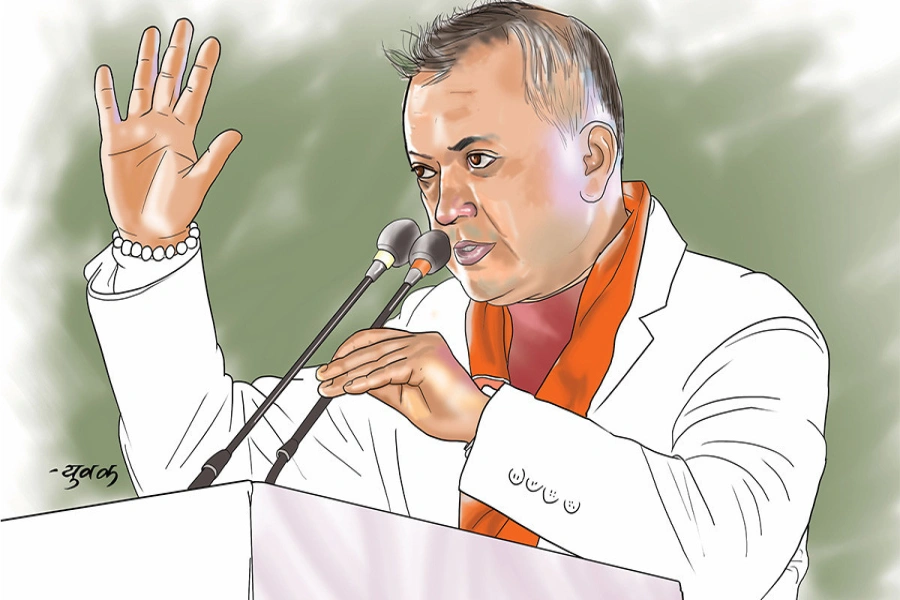

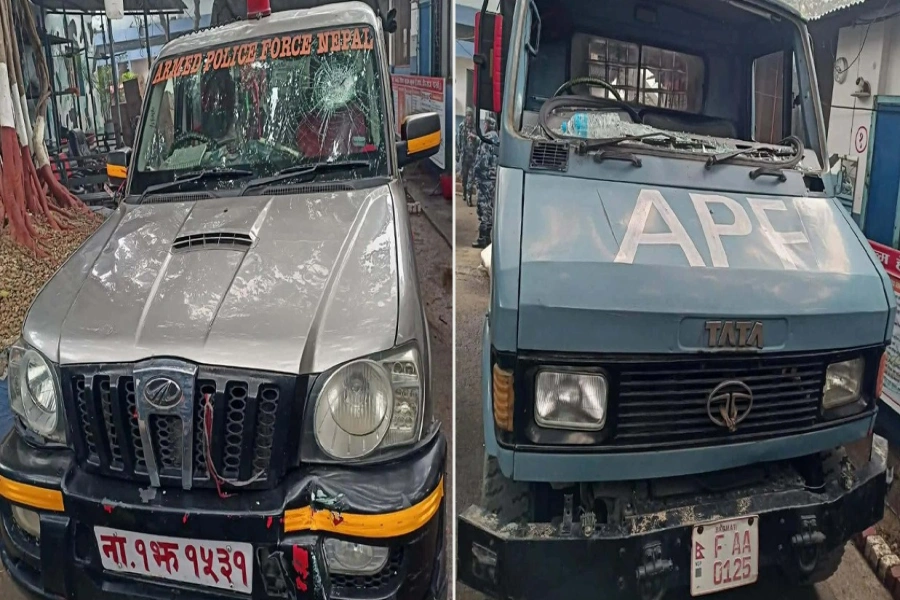







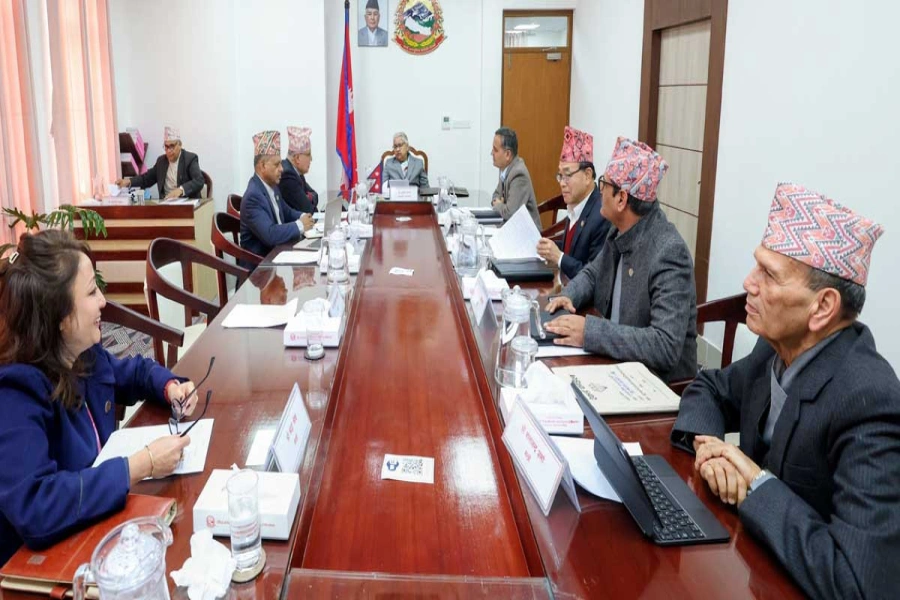
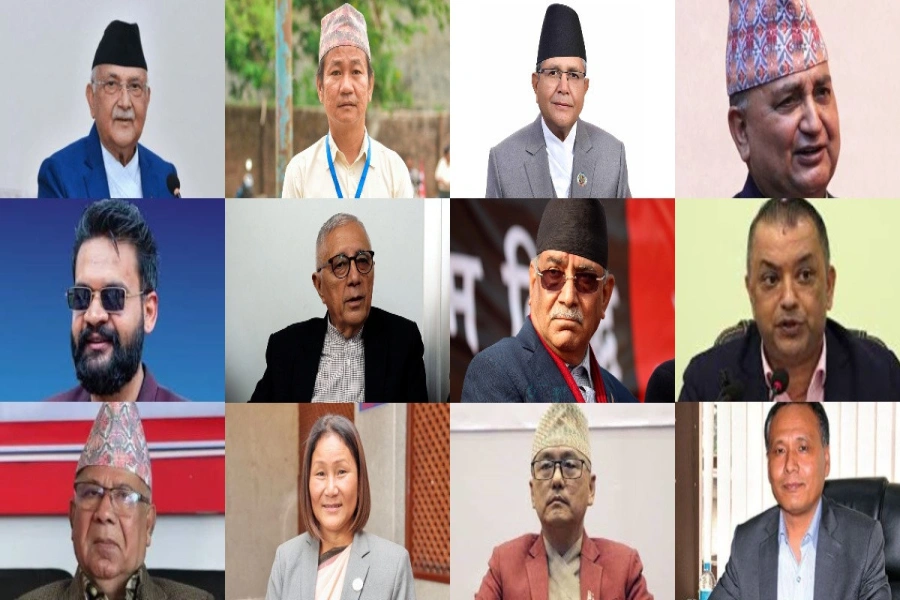
-1770648553.webp)




